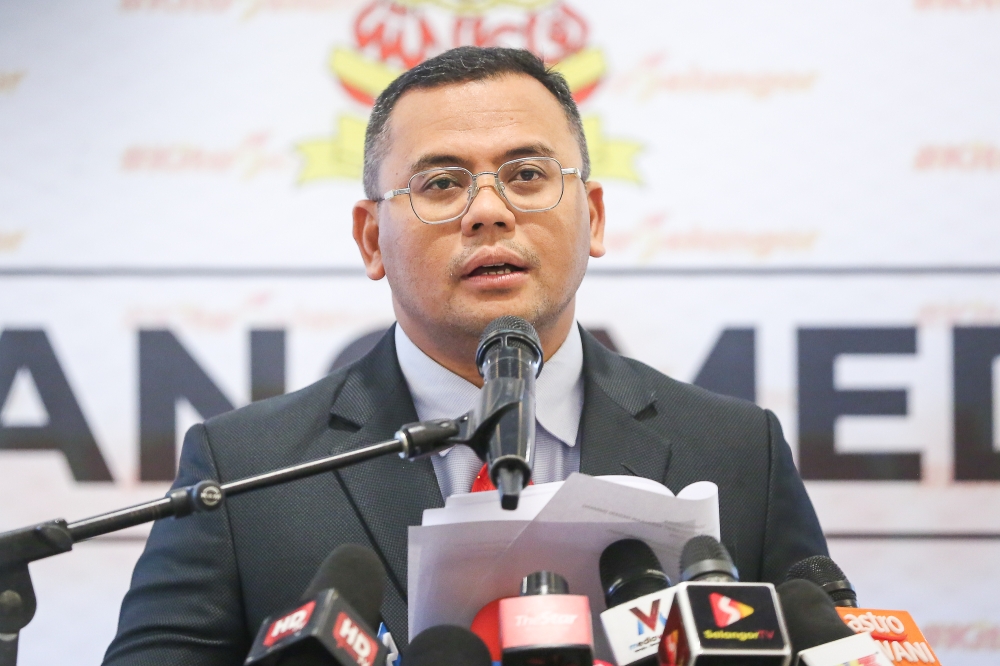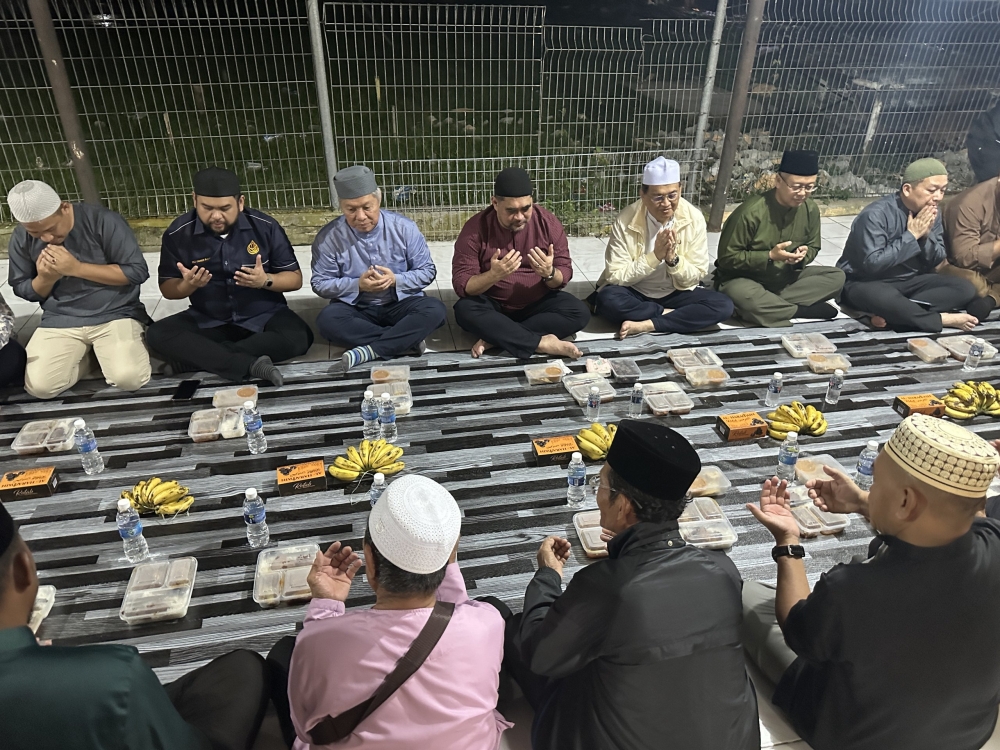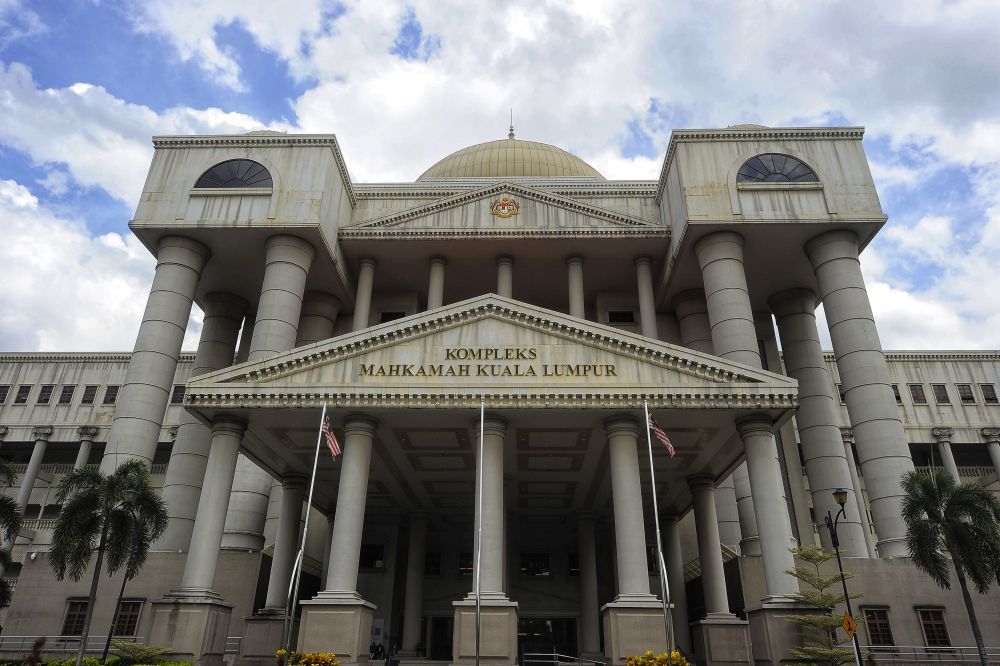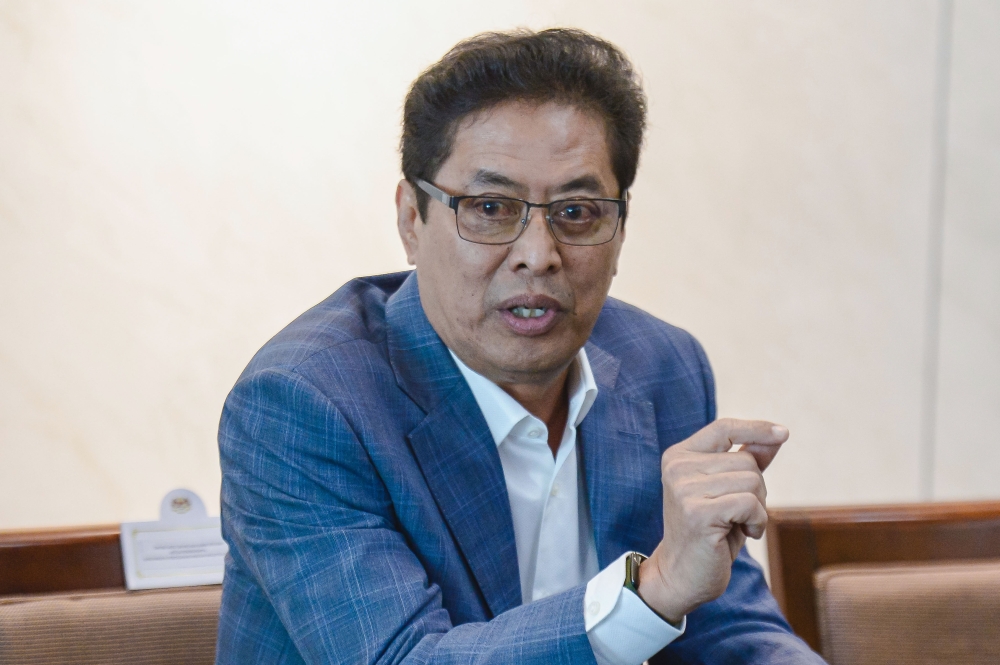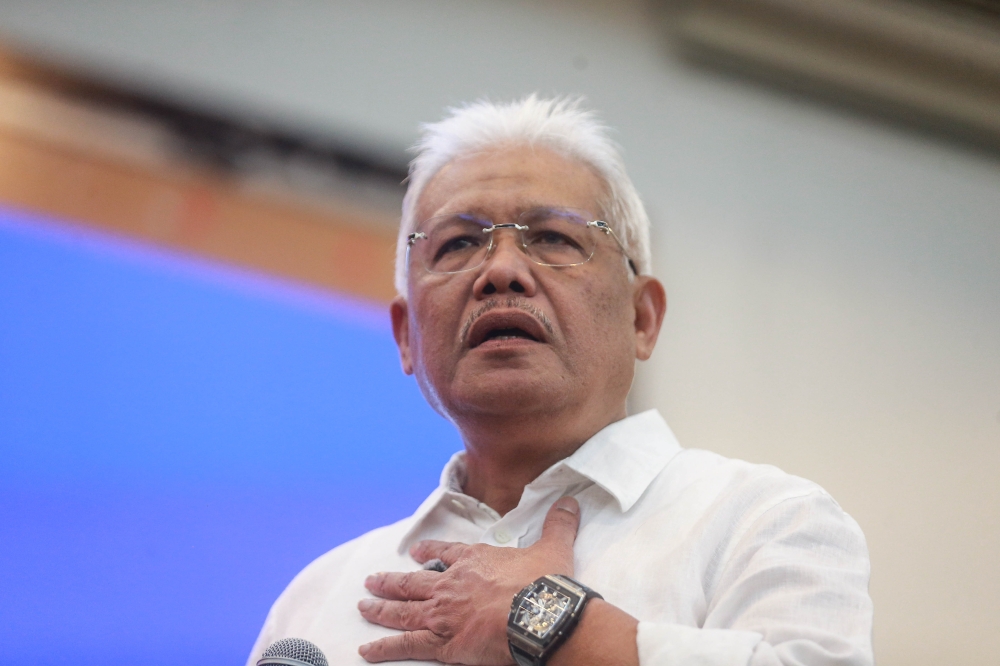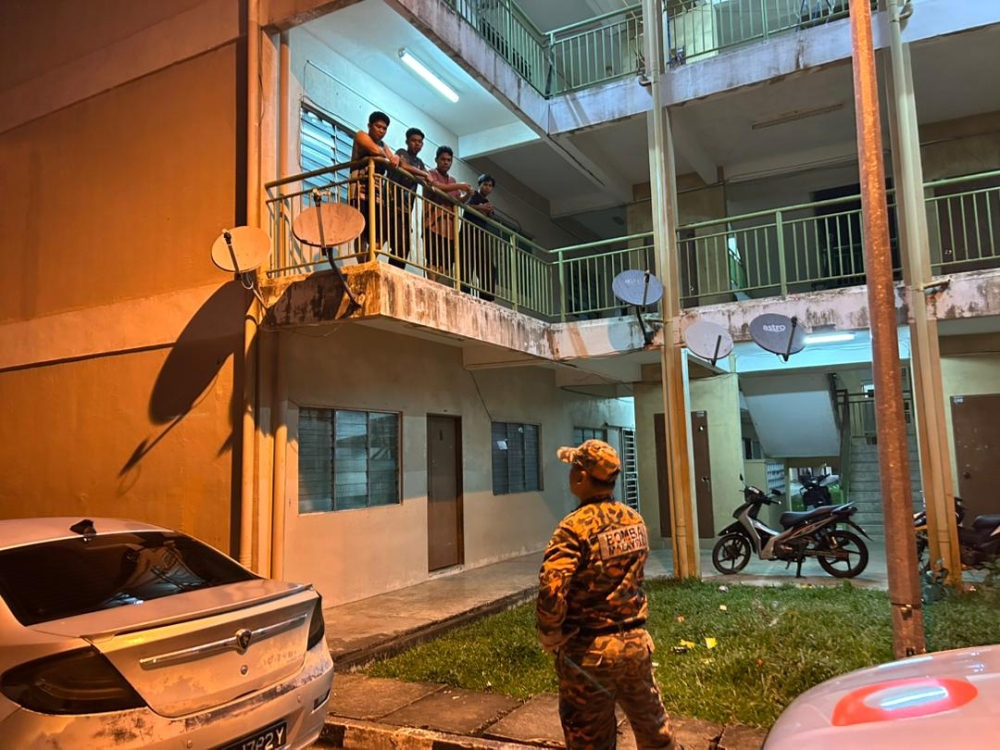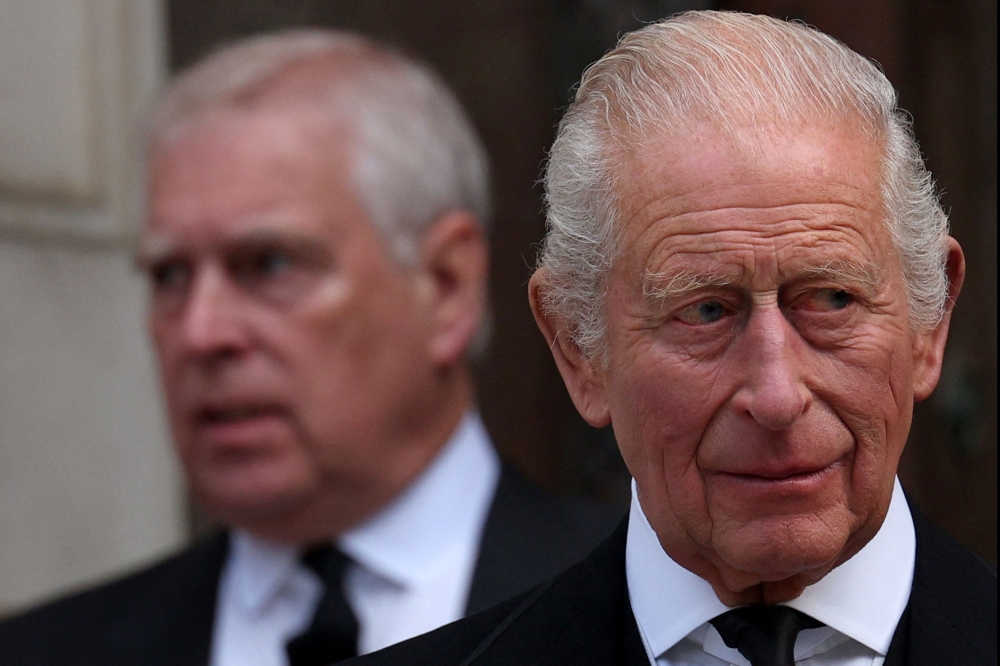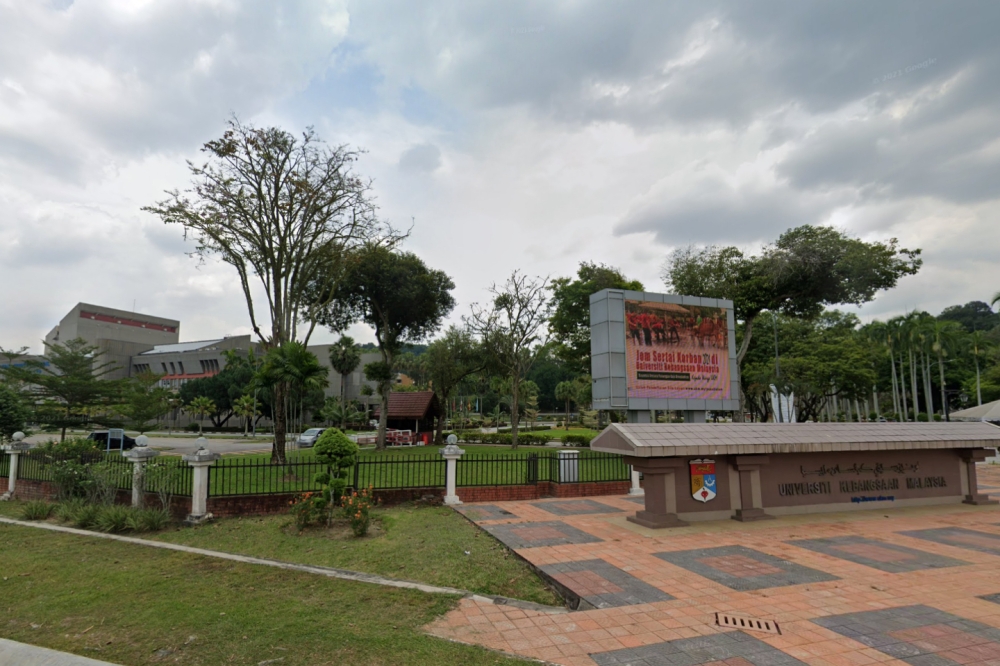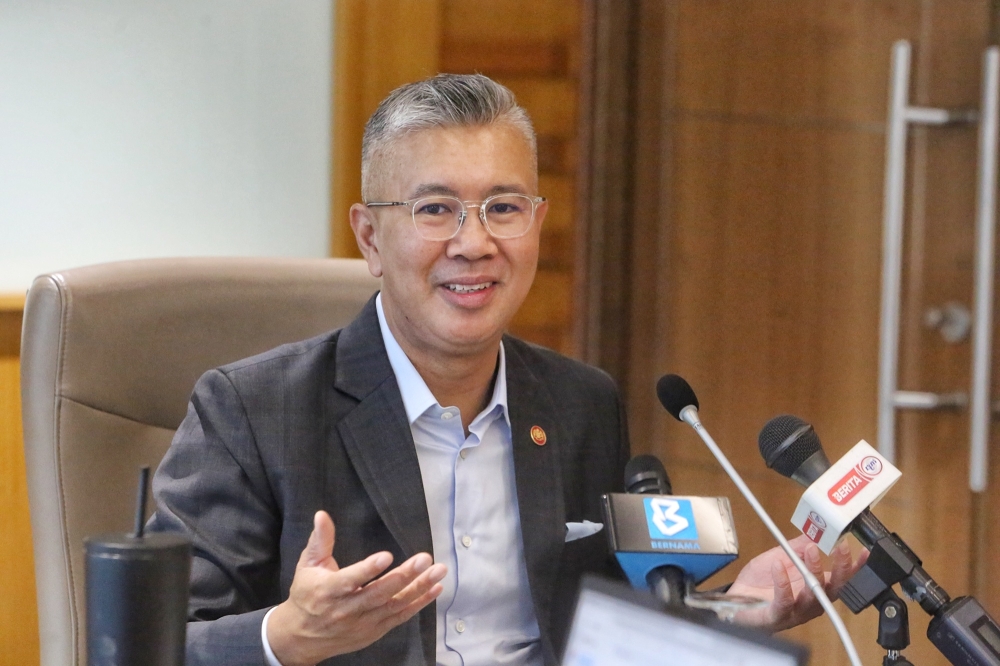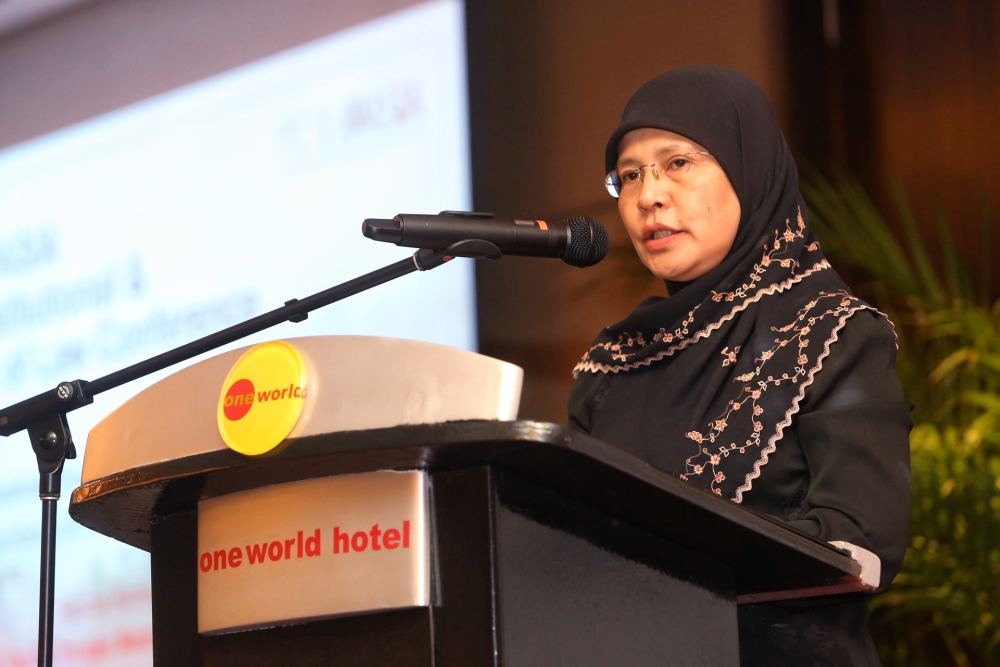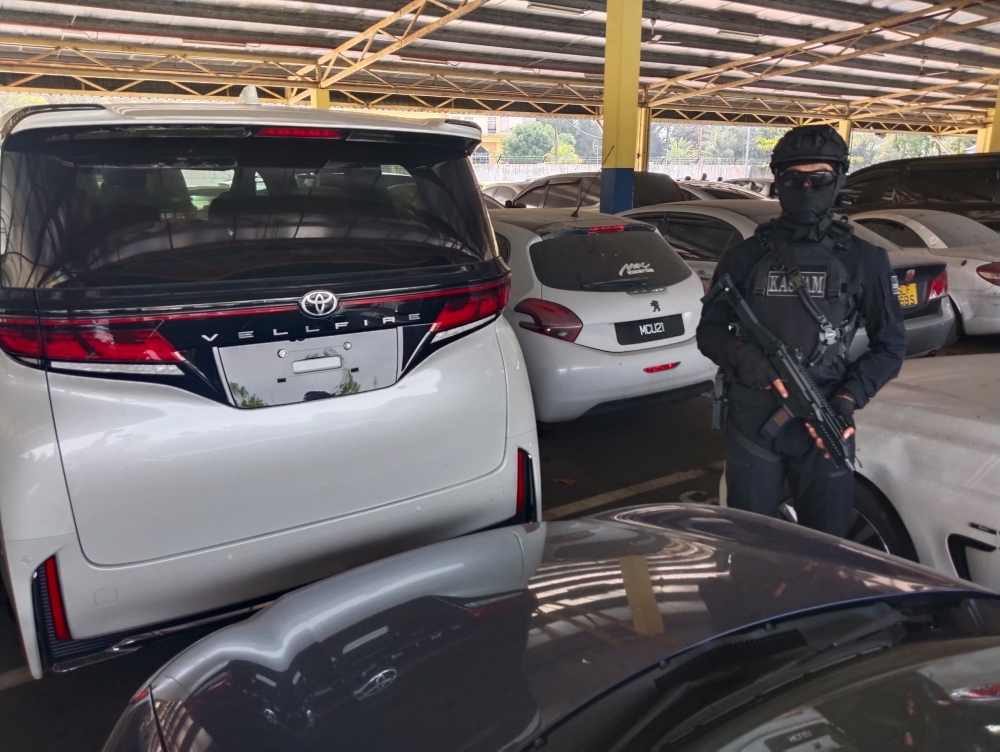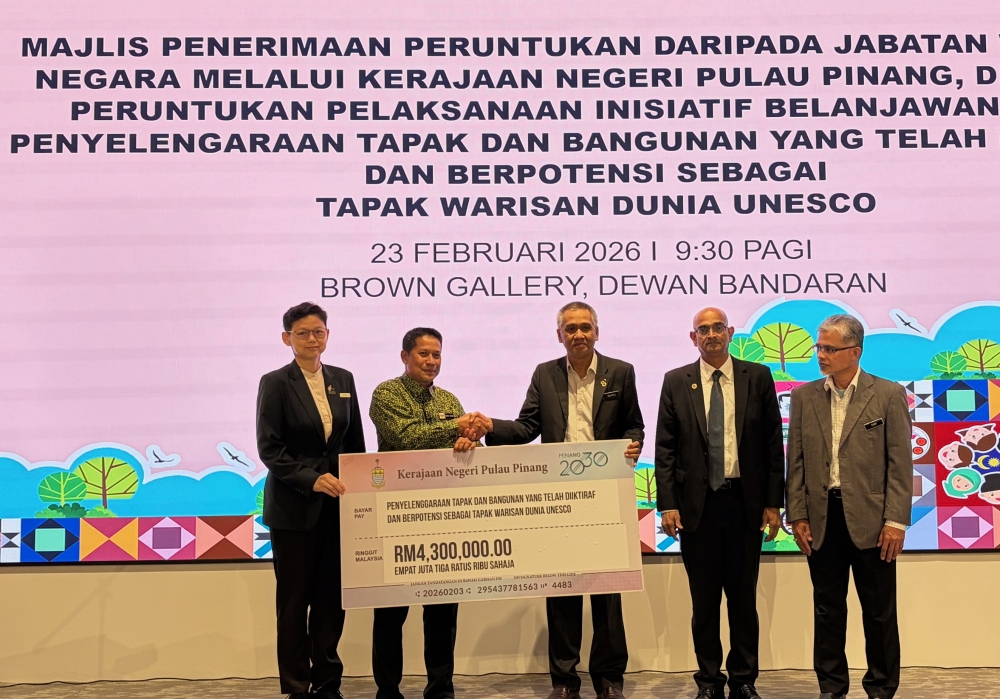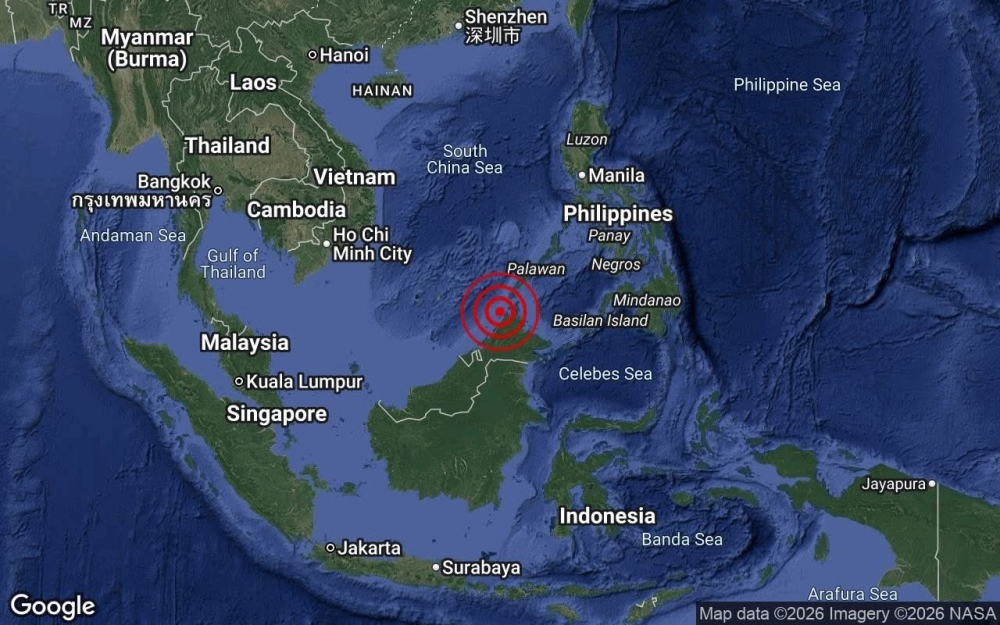PETALING JAYA, Oct 5 ― The courts play a vital role to give true meaning to constitutionalism, and efforts must be taken to ensure its independence and its authority as one of the three branches of government to check and balance the powers of the executive and legislative, Chief Justice Tan Sri Tengku Maimun Tuan Mat said today.
In her opening address at the regional LawAsia Constitutional and Rule of Law Conference, Malaysia’s first woman chief justice also referenced the 2018 landmark unilateral conversion and child custody battle between Hindu mother M. Indira Gandhi and her Muslim convert ex-husband Muhammad Riduan Abdullah.
“The notion expressed in Indira Gandhi, that the entrenchment of the principle of separation of powers within the basic structure, gives true meaning to the core preserve of constitutionalism.
“The nett effect of true separation of powers ensures that there is in existence a system of check and balance. The judiciary plays a vital role in supervising public institutions, and to ensure that each organ does not trespass in any way, the limits placed on their powers by the Constitution,” she said, reminding the legal fraternity of the supremacy of Malaysia’s Federal Constitution.
She pointed out the doctrine of the separation of powers was aimed to prevent the concentration of power within one branch of government.
Tengku Maimun said that in Malaysia, the executive and legislative are “to some extent fused”, explaining that the two branches of government decide on policies, but that the judiciary has to exercise its powers to ensure that the decisions made comply fully with the rule of law.
“This is why an attempt to undermine the strict separation of powers is viewed as an affront to democracy specifically, and to constitutionalism generally,” she said.
She noted the age-old conflict between governmental power and individual liberty, saying it happens even in democratic nations.
But Tengku Maimun stressed that it is here that the courts have a great responsibility.
“In this regard, the courts must step in with the view of protecting the legitimate interest of the subjects of the state. In the sense, the doctrine of basic structure and the doctrine of separation of powers housed within it, is a mere restatement of the principles of constitutionalism.
“That in my humble view, is the long and short of the importance of constitutionalism in public institutions. The end result is the creation of a responsible government acting within the purview of the rule of law,” she added.
The long-drawn court battle between Indira and Muhammad Riduan started after the latter converted their children on April 2, 2009 without her consent, and applied to the Shariah Court for custody of all three minors.
He later absconded with their youngest child Prasana Diksa when she was only 11 months old, after the High Court granted Indira full custody of all three children 10 years ago.
In January last year, the country’s highest court ruled that unilateral conversions are unlawful and that a matter that is under consideration in the Islamic courts does not exclude the jurisdiction of civil courts on the same issue.
However, the police have yet to recover Prasana and return her to Indira, despite the decision and a previous mandamus order she secured compelling the inspector-general of police to execute the recovery.





